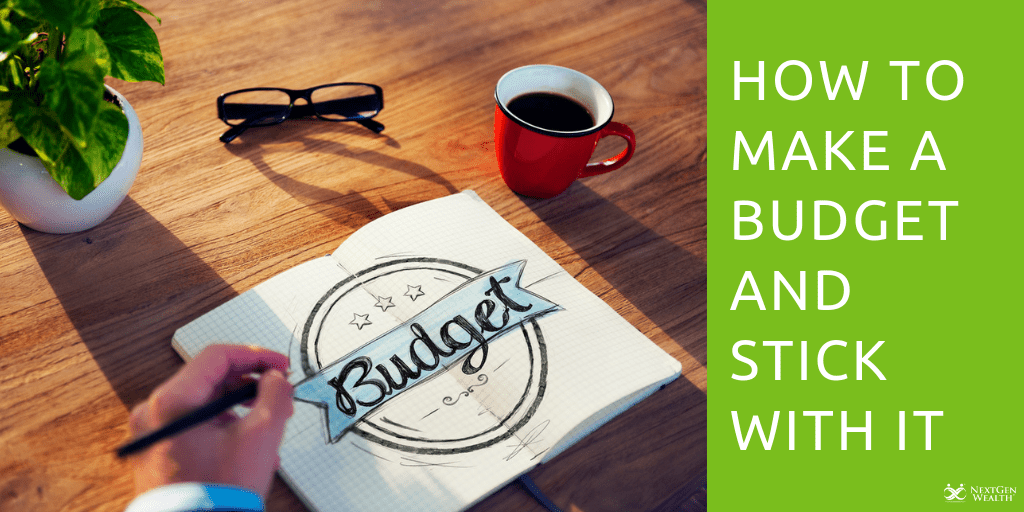How to Create a Budget and Stick to It
Introduction
Creating a budget and sticking to it can feel daunting, but it's an essential step to gaining control over your finances. By breaking the process down into simple steps and using a conversational tone, I'll guide you through the basics of budgeting. Let's get started!
Why Budgeting Matters
Budgeting is like a roadmap for your money. It helps you see where your money is going and ensures you're spending in a way that aligns with your financial goals. Without a budget, it's easy to lose track and end up in debt or with no savings for the future. But with a budget, you have a clear plan that makes managing your money less stressful.
Steps to Create a Budget
1. List Your Income
The first step is to know how much money you have coming in. This includes your salary, any side gigs, and other sources of income. Write down your total monthly income so you have a clear picture of your financial starting point.
2. Track Your Expenses
Next, you need to know where your money is going. For a month, track all your expenses. Use a notebook, an app, or a spreadsheet—whatever works for you. Be honest and track everything, from rent and groceries to that daily coffee.
3. Categorize Your Spending
After tracking your expenses, categorize them. Common categories include housing, utilities, food, transportation, entertainment, and savings. This step helps you see where most of your money is going and where you might need to cut back.
4. Set Financial Goals
What do you want to achieve with your money? Maybe you want to save for a vacation, pay off debt, or build an emergency fund. Setting clear financial goals gives you a purpose and motivation to stick to your budget.
5. Make a Plan
Now, it's time to create your budget plan. Allocate your income to cover all your expenses and ensure you set aside money for your financial goals. Be realistic about your spending habits and adjust as needed.
6. Monitor and Adjust
Your budget isn't set in stone. Keep track of your spending and adjust your budget as necessary. If you overspend in one category, try to cut back in another. Regularly reviewing your budget helps you stay on track and make informed financial decisions.
Tips for Sticking to Your Budget
Use Cash for Discretionary Spending
Using cash for things like dining out, entertainment, and shopping can help you stick to your budget. When the cash runs out, you know it's time to stop spending in that category.
Automate Savings
Set up automatic transfers to your savings account. This way, you're saving without even thinking about it. Treat your savings like a non-negotiable expense.
Find Budgeting Tools That Work for You
There are many budgeting tools available, from apps like Mint and YNAB (You Need a Budget) to simple spreadsheets. Find one that you like and stick with it.
Be Flexible
Life is unpredictable, and sometimes expenses come up that you didn't plan for. Be flexible and adjust your budget when needed. The key is to get back on track as soon as possible.
Reward Yourself
Sticking to a budget can be challenging, so reward yourself for reaching your goals. It doesn't have to be something expensive—maybe a nice dinner or a small treat. Celebrating your successes keeps you motivated.
Overcoming Common Budgeting Challenges
Unexpected Expenses
Unexpected expenses can throw off your budget. To handle these, build an emergency fund. Aim to save at least three to six months' worth of living expenses. This fund acts as a financial cushion when unexpected costs arise.
Staying Motivated
It's easy to start with enthusiasm but hard to maintain it. To stay motivated, keep your financial goals in sight. Create a vision board or use a financial tracker to visualize your progress. Remember why you started and the benefits you're aiming for.
Dealing with Debt
If you're dealing with debt, prioritize paying it off. Use strategies like the debt snowball (paying off smallest debts first) or debt avalanche (paying off highest interest debts first). Reducing debt frees up more of your income for other goals.
Conclusion
Creating a budget and sticking to it is a powerful way to take control of your finances. By following these simple steps and staying committed, you can achieve your financial goals and reduce stress. Remember, budgeting is a journey, not a destination. Adjust as you go, stay flexible, and celebrate your progress. You've got this!

Comments
Post a Comment